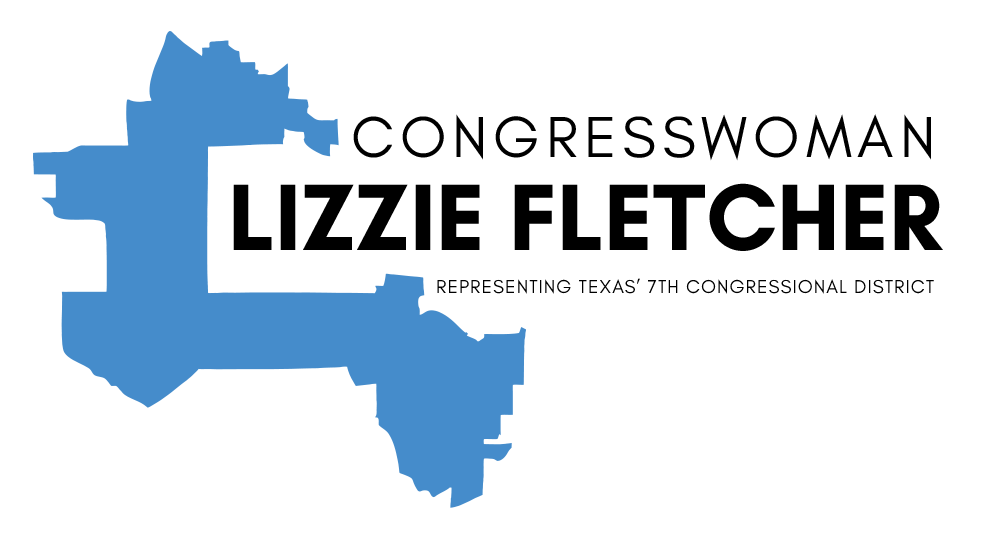|
Dear Neighbor,
As our community and our country respond to the COVID-19 pandemic, much of our work in Congress over the last two weeks has focused on addressing the many related challenges we face together. Our country is facing an unprecedented challenge, and we will all be asked to work together—collectively and individually—to combat it.
Over the last ten days, the House of Representatives has passed two major bipartisan pieces of legislation to combat the spread and the impact of COVID-19, and more will follow.
The first, H.R. 6074, the Coronavirus Preparedness and Response Supplemental Appropriations Act, provides $8.3 billion in emergency funding to respond to the coronavirus, which will be used to develop a vaccine, enhance testing capabilities, and procure vital medical supplies. It includes funds for federal, state, and local public health agencies for prevention, preparedness, and response efforts. This legislation, which the President quickly signed into law, was a critical first step toward a comprehensive and full-scale approach to solving this public health crisis.
On Friday evening, the House of Representatives passed the second, H.R. 6201, the Families First Coronavirus Response Act. Addressing the economic impacts COVID-19 will have on our workers, families, and communities, this bill anticipates the challenges our communities will face and provides important protections. By looking ahead, not behind, listening to the scientists and the public health experts, and drawing on the input from our communities about what our families will need during this time of uncertainty, this bill puts the security of our families first – our economic security, our food security, and our heath security. It will:
-
Ensure free testing for coronavirus: The Families First Coronavirus Response Act ensures that all individuals who need a test, including those with private insurance, Medicare Advantage or Original Medicare, Medicaid, CHIP, VA, FEHBP, and TRICARE, as well as the uninsured, will have access at no cost.
- Provide economic security:
- Provide food security: The Families First Coronavirus Response Act includes more than $1 billion to provide food to low-income pregnant women and mothers with young children, help local food banks, and feed low-income seniors. It ensures that students who depend on schools and childcare for free and reduced-priced meals continue to have access to nutritious foods during closures. And it provides women, infants, and children with the flexibility to access food and infant formula without having to make unnecessary or unsafe visits to clinics.
-
Increase health security: The Families First Coronavirus Response Act increases the Federal Medical Assistance Percentage (FMAP), which the federal government provides to state and territorial Medicaid programs. This will prevent states from cutting benefits, reducing their Medicaid rolls, or imposing greater costs on enrollees.
Before the House voted on a bipartisan basis to pass this bill, I joined Speaker Pelosi and three of my colleagues to talk about what the Families First Coronavirus Response Act will help us do. You can see my remarks in the link above. The Senate is expected to take up this legislation when it reconvenes this week, and the President has already said he will sign it. I look forward to seeing that happen soon.
It is essential now that we look forward and that we collectively take steps to minimize the spread of coronavirus across our community and our country.
We all have many questions about the days and weeks ahead. To hear and help address these concerns, I will host a telephone town hall on COVID-19 tomorrow evening with representatives from Harris County Public Health, the Harris County Office of Emergency Management, and the Houston Health Department.
You can RSVP for telephone town hall on Monday, March 16 from 7–8pm here.
As part of our work, the House Science, Space, and Technology Committee held a hearing dedicated to understanding and mitigating the spread of the coronavirus. I was glad to introduce and welcome and introduce Dr. Peter Hotez, Professor and Dean at Baylor’s College of Medicine and Co-Director of Texas Children’s Hospital Center for Vaccine Development to our panel. He is one of the world’s leading experts on contagious diseases and vaccine development, and a wonderful representative for our cutting-edge medical community in Houston. His testimony provided valuable insights as Congress works to develop a comprehensive approach to combating coronavirus and to identifying systemic changes to improve our preparation and response.
I also had the opportunity to welcome several other wonderful neighbors to my office over the last week to visit about issues important to our community. In our effort to mitigate the spread of COVID-19 and to keep our community healthy, however, consistent with guidance from public health officials and directives from the House Sergeant at Arms, our teams in Washington, D.C. and in Houston will work full-time for our constituents from remote locations. Our physical offices in Washington and Houston will be closed to visitors until further notice.
I urge you to join us in this effort to mitigate the spread of COVID-19 by following guidance from our public health officials, social distancing, and staying home as much as possible.
In these uncertain times, I am honored to represent and to serve you. Our team is here to help in every way we can. Please do not hesitate to call us. You can use this form on my website or call my office directly.
Best wishes,
|


